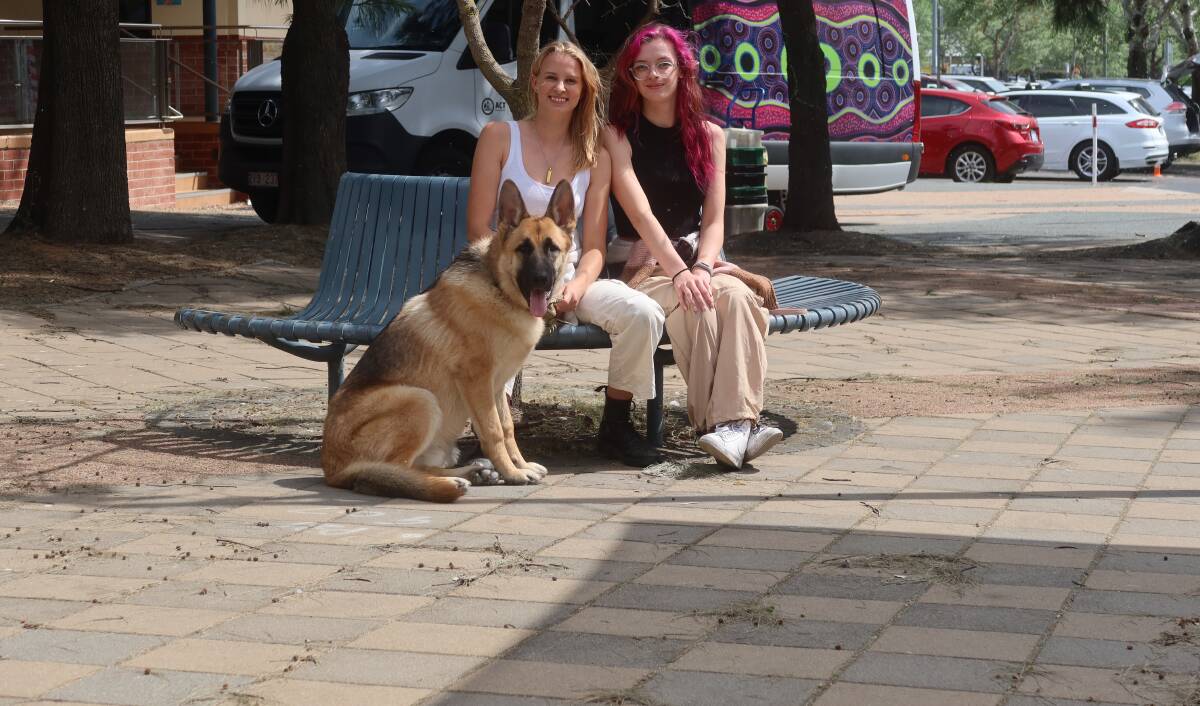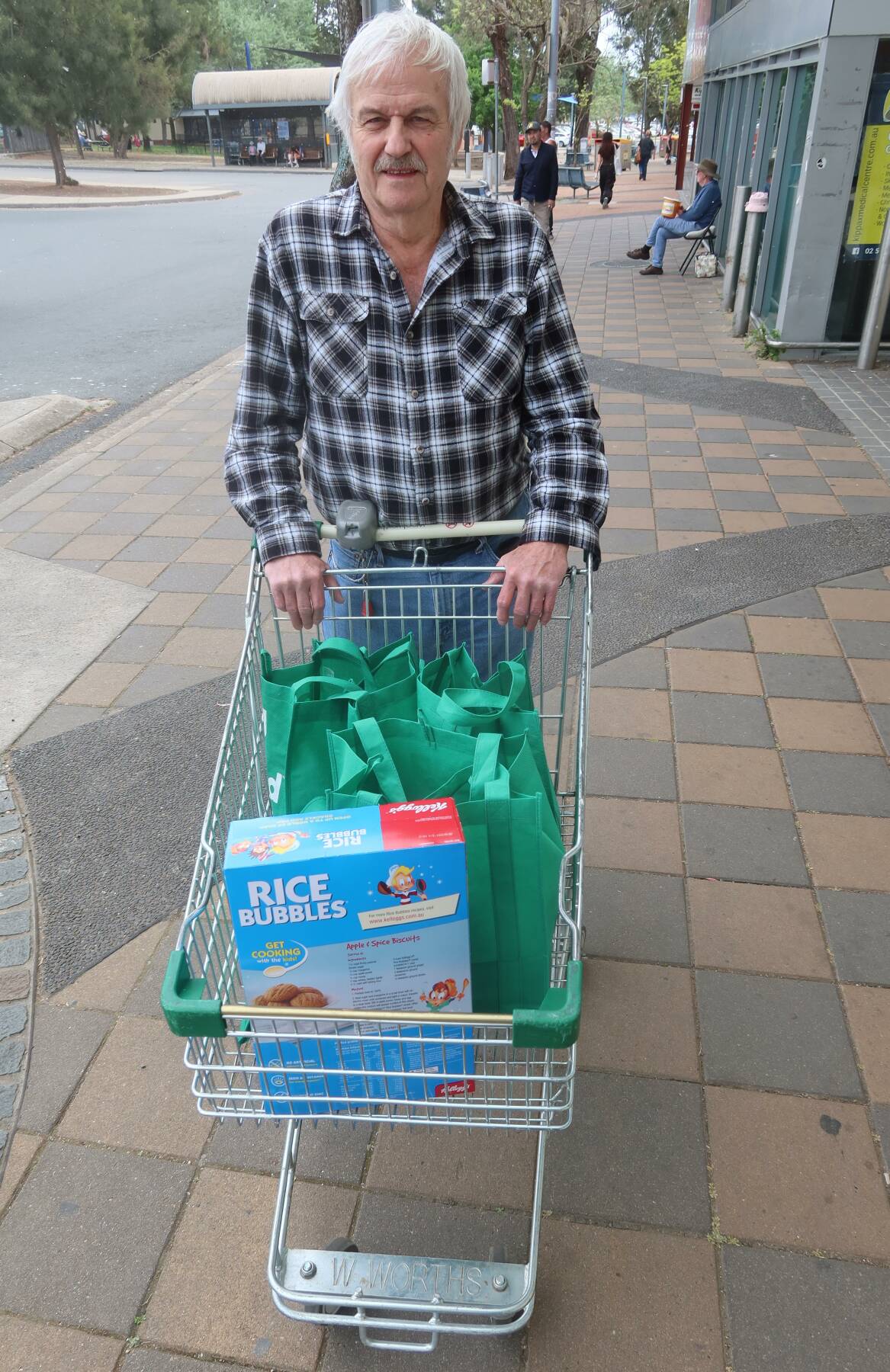Talking to people at random about the Voice is not a scientific way to gauge opinion - but it does give a feeling of the strength of that opinion.
And there is a lot of strong opinion out there. To take just one snapshot, there is strong opinion at the Kippax shopping centre in Holt. Finger-jabbingly strong opinion, in fact.
One shopper outlined his reasons for voting "no": "I'm voting 'no' because I don't know what's in it. You're going to make a council to do what?" he asked and asked again (and again).
And a suggestion that he might be right but a "no' vote would send a bad signal to the rest of the world upped the temperature substantially.
"That's the stupidest argument I've ever heard," he said (which, of course it may be - but the intemperate, chest-jabbing reaction does indicate the wide divisions of feeling the referendum is causing).
Not all views were so strongly put even when the decision was firm. "I'm voting 'no' because I don't think it'll help Aboriginal people," Michael Pearce said.

"It won't in the rural areas," he said. "There's already enough funding going to them. If I thought it would help, I would vote 'yes', but I don't think it will."
The "no" voices weren't the only ones. There are strong "yes" voices and also more nuanced ones - "soft yeses", you might call them.
"There's elements of both sides of the arguments that I agree with," Kathy said. "Will it (the Voice) be a step towards another process, something more militant, something more divisive? There's a lot of Indigenous people who are not disadvantaged," she said.
And there were the out-and-out "yes" voters, including Oluranti Abiona, originally from Lagos in Nigeria. She thought that a Voice would help Indigenous people. "It will make them feel good. It will bring out the best in them because when voices are heard, you bring out the best in people."
Terry Brennan thought a Voice to Parliament would be "a step in the right direction".
"The 'no' people seem to be against everything. The Voice is about advice. Indigenous people won't have a veto."

Michelle Collins-Dunn and Sophie Burmester had no doubts about their "yes" votes.
"With Indigenous rights, they had so much stripped away from them," Michelle, a café worker, said. "I think the Voice should be part of the constitution," Sophie who has her own gardening and photography businesses said.
In some ways, the demographics of Holt are as close to those of Australia as they are to the ACT as a whole. A quarter of its population count as professional, according to the 2021 census, and that's the same as Australia as a whole but fewer than in the ACT (31 per cent).
Around a quarter of Holt's households had incomes of more than $3000 a week (about the same as Australia as a whole) but a much lower proportion than the ACT (nearly 40 per cent).
So Holt may be a reasonably good barometer of Australian views.
The most that can be said a week and a half from the vote is that there is some doubt out there but a lot of firm views, sometimes entrenched, sometimes tinged with anger.





